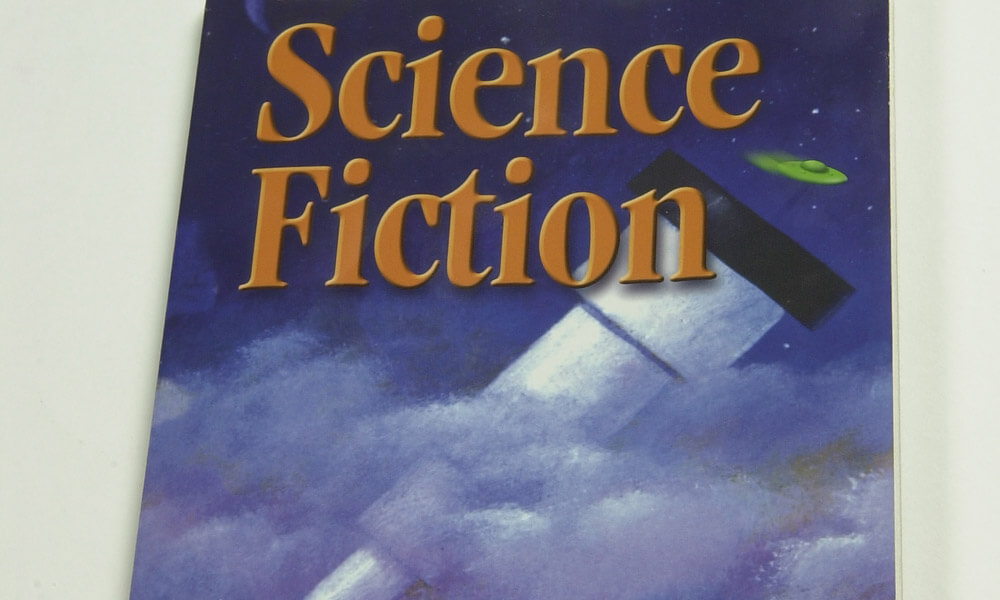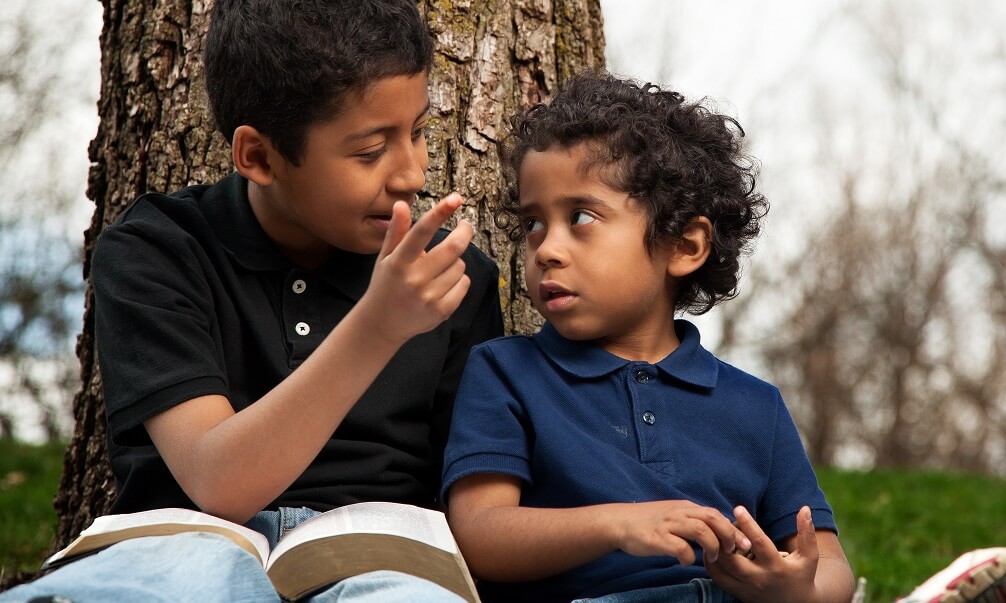Watching movies doesn’t just affect our brains; it also affects our bodies. Find out how the effects of horror movies compare with those of other genres.


Watching movies doesn’t just affect our brains; it also affects our bodies. Find out how the effects of horror movies compare with those of other genres.

Explore a virtual exhibit of Emily Dickinson’s bedroom. Be sure to click on the information icons to learn more about the objects and surroundings in the author’s life.

Has someone ever asked if you had a trick up your sleeve? The answer can literally be yes if you learn any of the 15 tricks detailed in this article.

Shirley Jackson, author of “The Lottery,” was largely overlooked by critics during her lifetime because she was viewed only as a horror writer. According to this article, she is finally being recognized as an important figure in American literature.

This article remembers the life and literary accomplishments of science fiction writer Ursula K. Le Guin, author of “The Wife’s Story,” who learned from her father the importance of being curious about others who are different from ourselves.

Great thinkers can change how we see the world. In 1994, Nobel Prize winner Gabriel García Márquez wrote a tribute to Julio Cortázar, author of “The Night Face Up.” The piece begins with the story of a memorable night on a train to Prague. Click this link to read.

Learn about some of the literary offspring of one of the earliest horror stories.

How did a young African American boy from Oakland become a featured performer in Chinese opera? Find out what the cultures share.

Read about Campbell’s theory of the hero’s journey and its affect on modern cinema.

The author of the Harry Potter series threw herself a birthday party that featured a “lost manuscript” displayed in an unexpected way.

Why do you love the songs you love? In some cases, the cause might be concern about whether your friends like the same songs.

Have you ever wanted to write your own horror story? Get some practical tips to jump-start your ideas.

In this summary of Kate Tempest’s career as a rapper and poet, critic Michael Hogan praises her work.

Early amusement parks may not have had high-tech thrill rides, but they managed to frighten people in simpler ways. Find out about the horror potential of a dangling string and other tricks of “dark rides.”

Most of the stories we remember hearing as young children avoid content that is gruesome or unsettling. But some writers feel that it’s healthier to share stories with a more frightening side.

Maybe you’ve always wanted to express yourself through art but didn’t feel talented enough. No problem! Technology isn’t just a shortcut to creating art; it’s the basis of whole new forms of art that you can explore.

What do you have in common with heroes in literature, movies, and television? It may be more than you think. Watch this short video to learn about the the hero’s journey myth.

Shakespeare’s writing style can be challenging to read. Not only did he write four centuries ago, but he also played with language, coining new words, rearranging syntax, and using words as different parts of speech. Now, researchers have discovered that this last feature—using a noun like child as a verb instead, for example—excites the human brain because it is so unexpected.

In this video clip from the nightly news, a 90-year-old Holocaust survivor takes the stage to share the music he played for fellow concentration camp prisoners.

Stories, novels, and movies allow us to consider possibilities beyond our everyday experiences. Some philosophers and nuclear physicists have begun to question whether the science-fiction movie The Matrix might have touched on a scientific reality.